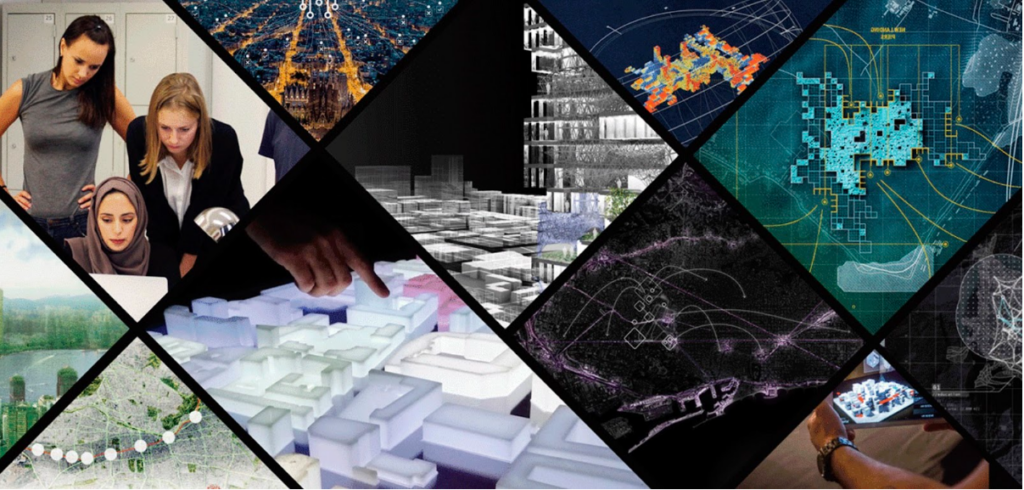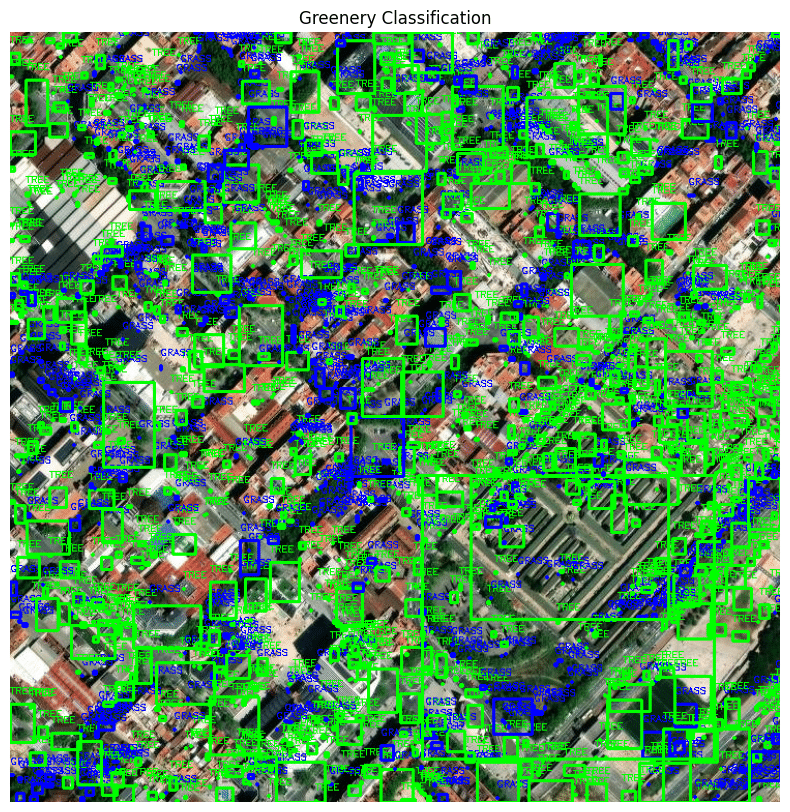
The existing challenges in the construction industry require its actors to undergo a rapid digitalization. Together with sustainable development digital transformation and technological literacy are among the aspects considered as the most important bottlenecks in the architectural branch.
The aim of this course is to inform the students about the constantly evolving technological landscape and provide them with the instruments allowing them to evaluate different technologies and apply them to solve problems within the industry. Moreover, this course gives a broader perspective on data and machine learning pipelines enabling the students to interact with data specialists using correct terminology and understanding the implications of project decisions.
During the course, the students would get a general overview of machine learning algorithms and their application in the architectural industry, learn to evaluate the pros and cons of different algorithms according to the use case, and eventually apply these techniques in a POC-form.
The seminar is intended as a resource for the main studio project but is not connected to the studio’s topic. The students are encouraged to use the materials and skills acquired during the seminar in their studio work.
Learning Objectives
At course completion the student will:
- Be able to navigate the landscape of ML algorithms understanding their pros and cons as well as the conceptual basis;
- Be able to identify algorithms that can be applied for different use cases as well as the resources needed to achieve it;
- Be able to identify use cases for the application of algorithms, risks and opportunities related to them;
- Be able to apply ML algorithms in their field;
- Be capable to critically analyse research and projects from their field based on ML algorithms.









